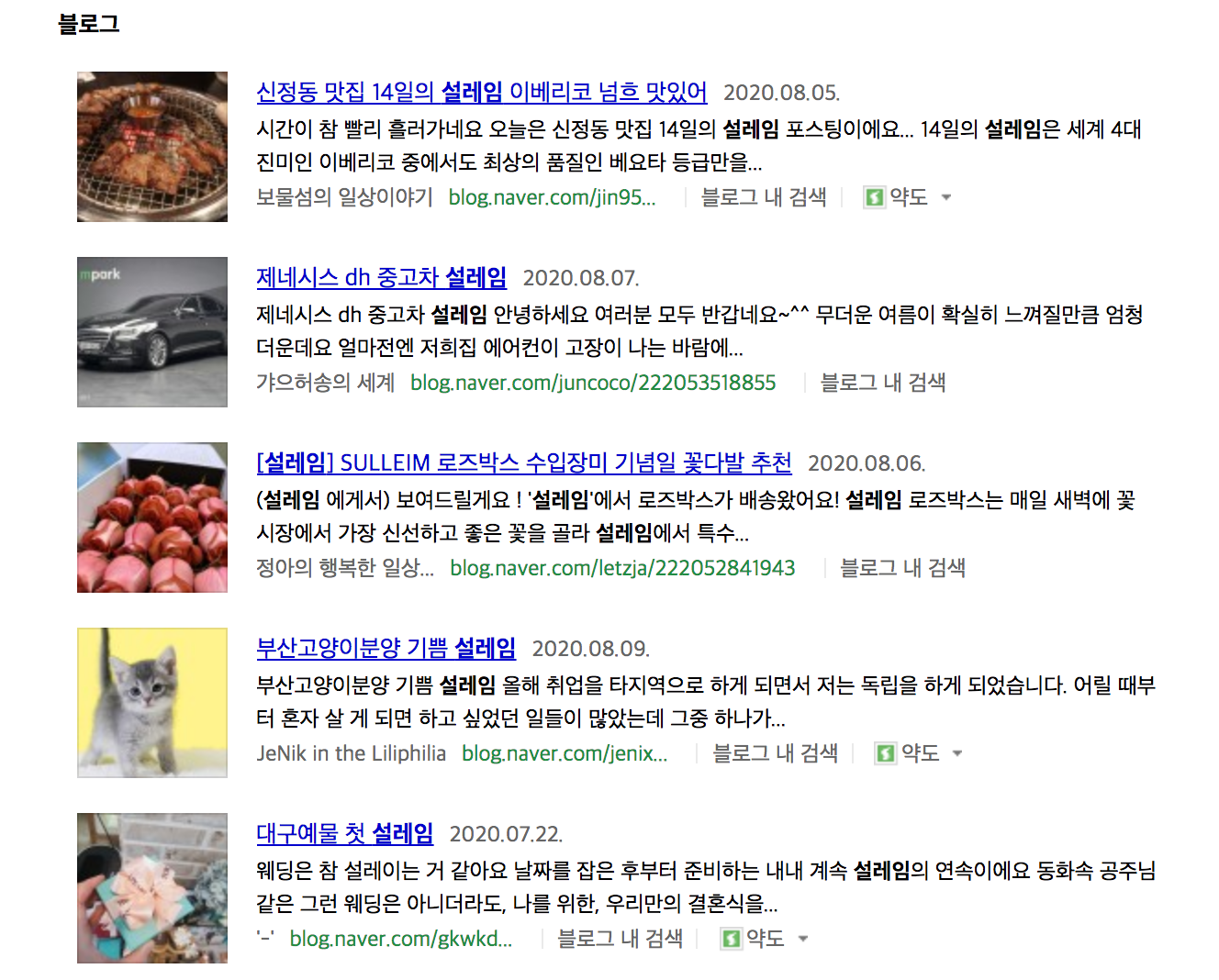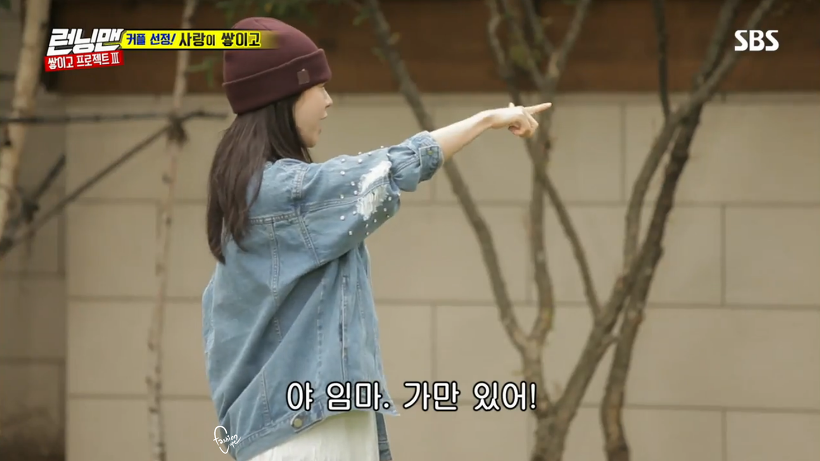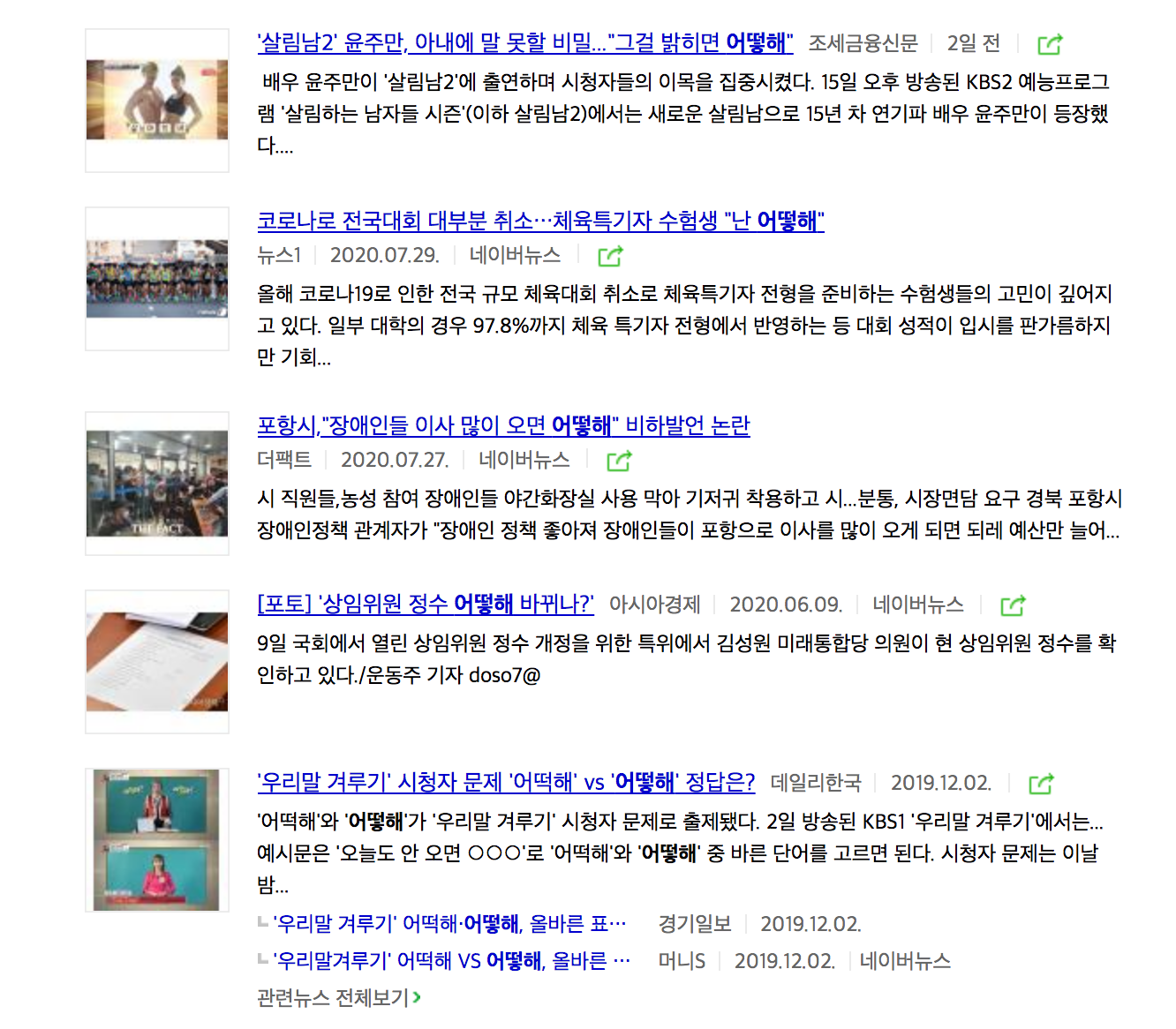Although the Korean language is the mother tongue for most Koreans, there are common spelling mistakes even native speakers often make, just as we often see mix-ups between 'then' and 'than', 'there' and 'their' in English.
We cover the most common of such spelling mistakes below. Although these mistakes sound similar or almost identical to the originals, they are spelled differently in writing.
1. 안 되 / 안 돼

Although the base verb is '되다', when a suffix is added, it becomes '되어' and gets shortened to '돼'. The phrase an-dae is used widely in everyday conversation and many Koreans would type it as '안 되', but the correct spelling for it is actually '안 돼'.
2. 뵈요 / 봬요 / 봐요
'보다' means to see and to meet. Sentences like '내일 봐' and '또 봐요' that we often see on Korean dramas are variations of the base word. '보아요' is shortened to '봐요', then suffixes are added to create fuller sentences.

If you were to speak politely to someone older or someone whom you've just met, you would say '뵈어요' which is often shortened to '봬요'. '뵈요' is not the correct spelling for it, similar to the case of '안 되' we saw above.
3. 몇일 / 며칠

From studying Korean you probably know that '몇' (how many / some) '일' (day) and '며칠' are pronounced exactly the same, but when you are writing or typing it, '며칠' is the correct way to spell it when you are asking 'how many days' or saying 'several days'. You'll see that many Koreans still type '몇일'.
4. 설레임 / 설렘

'설레다' means to feel thrilled or excited (from things like romance, an upcoming trip, new job, etc.) and Koreans usually write the variation as '설레임'. This is incorrect because the base word '설레이다' does not exist. It's actually '설레다' so it should be converted to '설렘'.

A quick web search shows how common this spelling mistake is made!
5. 바라요 / 바람 / 바래요 / 바램
'바라다' means to hope or to wish. You'll see below that the variation is not used correctly in song titles. It should be converted to '바라요', not '바래요'.

Additionally, the noun form of the word should be '바람', not '바램'. It seems that many people write '바램' for hope to distinguish the meanings of '바람' which also means 'wind'. In context, it makes sense, but grammatically it wouldn't be the correct spelling.
6. 인마 / 임마
If you watch Korean variety shows, you've probably heard the playful word inma, which can be used among people who are close to each other (Keep in mind that younger people cannot use the word on someone older no matter how close).

Many Koreans would write or type the word as '임마', but the correct spelling is '인마' and the pronunciations of the two are very similar. So similar that even Korean TV shows get the spelling wrong from time to time.
7. 매다 / 메다
These two words can get confusing. The pronunciations are almost identical and so are the ways they are spelled!

Just remember that '매다' (mae-da) means to tie and to fasten (a seatbelt and such) whereas '메다' (me-da) means to sling or to carry on one's shoulder.
8. 어떻게 / 어떡해 / 어떻해
We've all heard of the phrase 'ottoke~' on K-dramas and things. Koreans spell the phrase in all kinds of ways including '어떡해', '어떻게' and '어떻해'! '어떻해' does not exist in the Korean language and '어떻게' has to be followed by a verb.

Just remember '어떡해' is the same as '어떻게 해' and these are the correct ways to say 'What do I do?' / 'What am I supposed to do?'.
What did you think of the 8 common spelling mistakes that even native speakers make? It's not an easy language, but that's what makes it so rewarding. If you'd like us to write more about learning Korean, let us know in the comments below!




